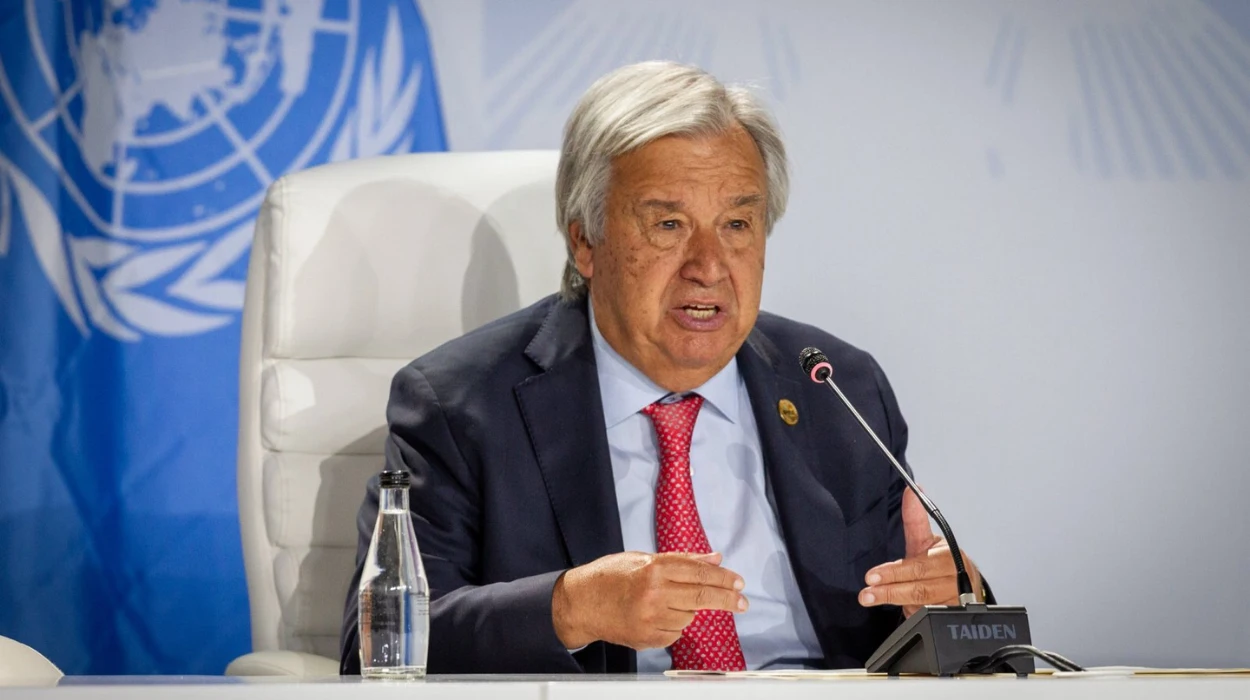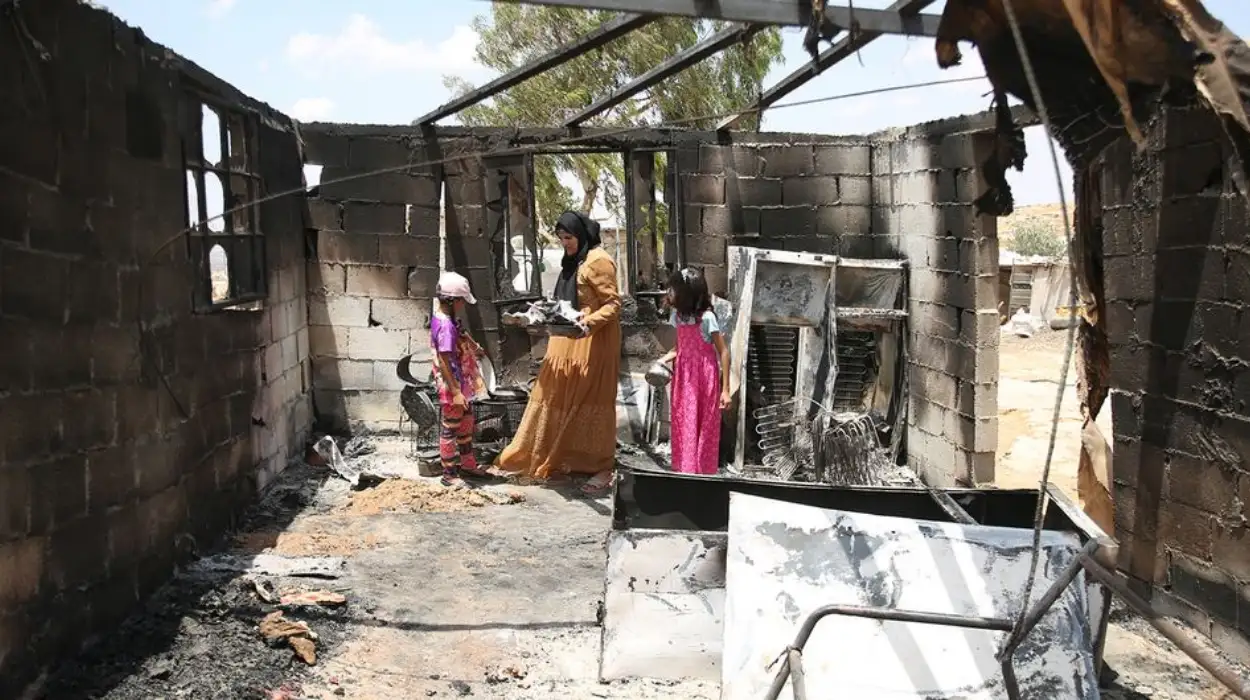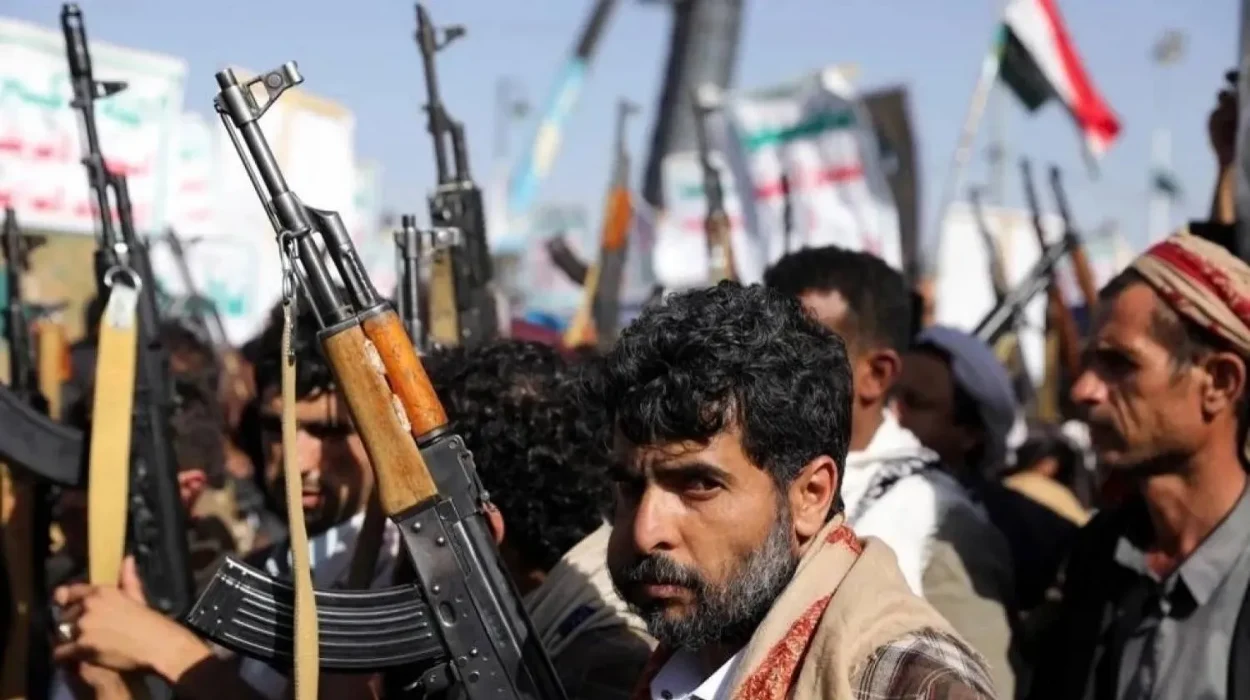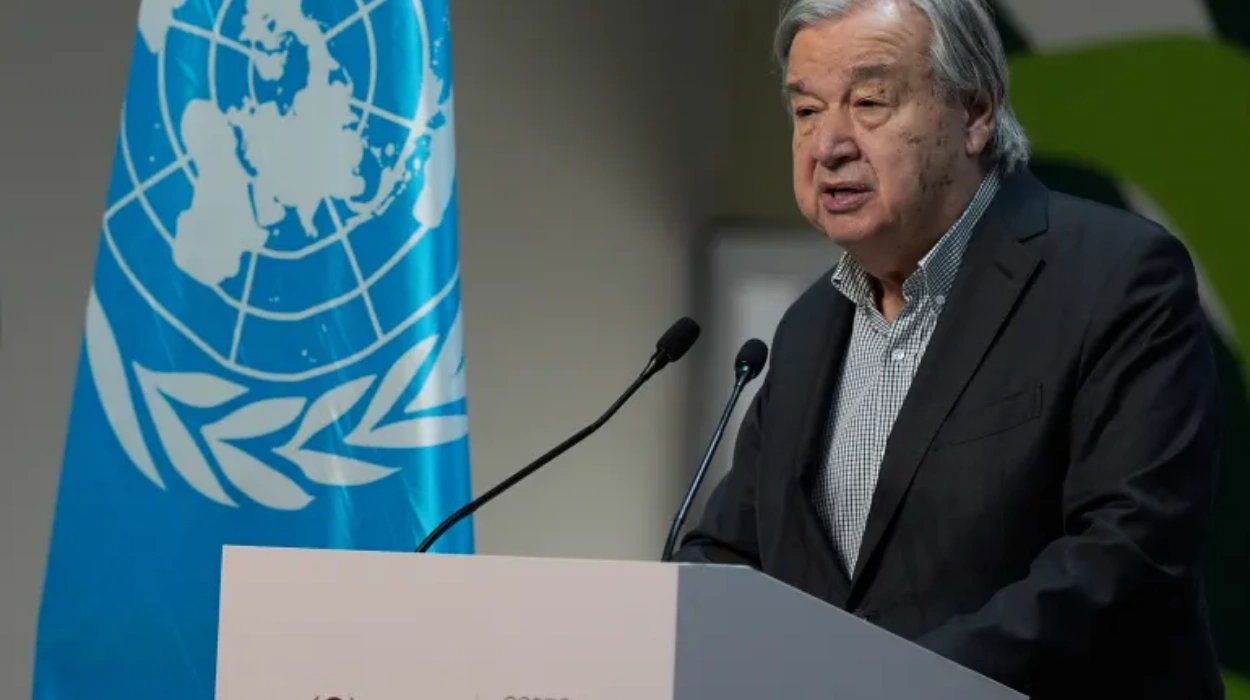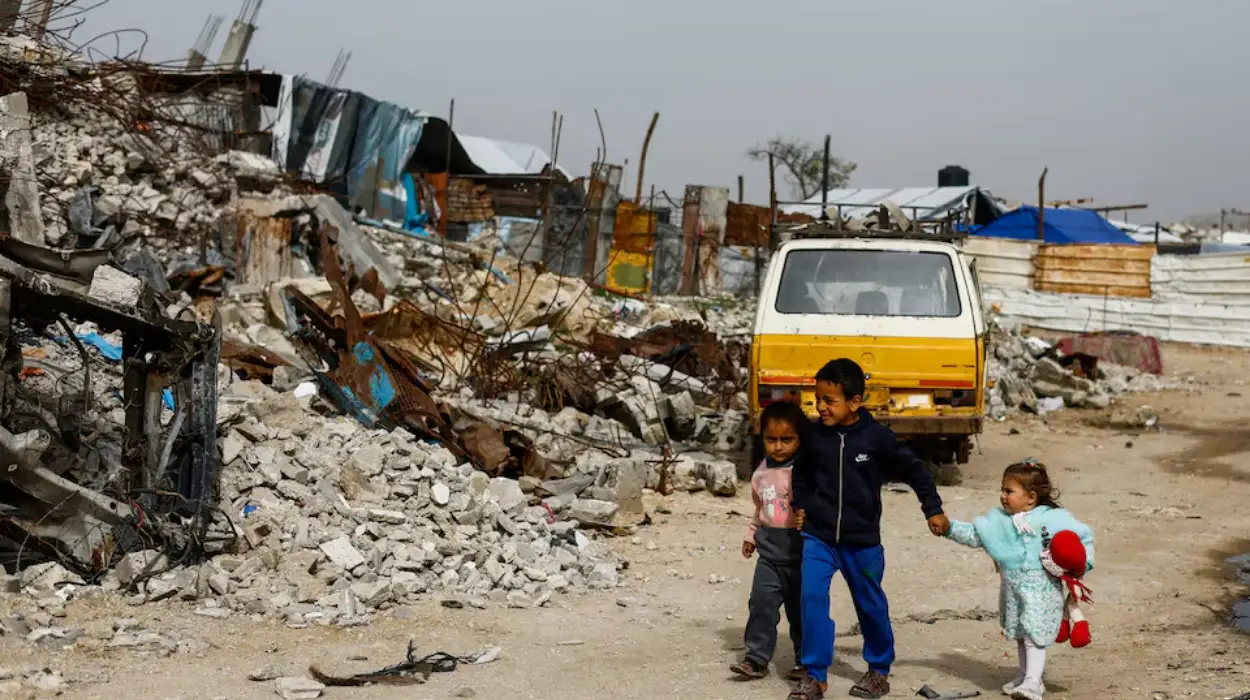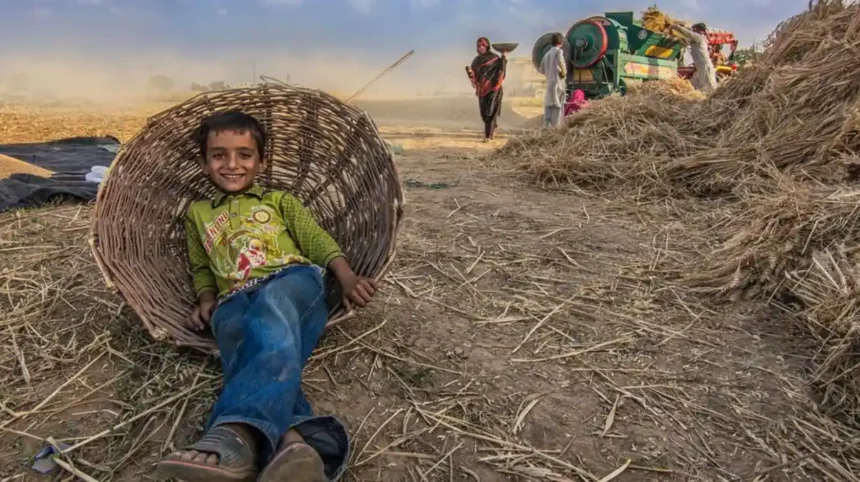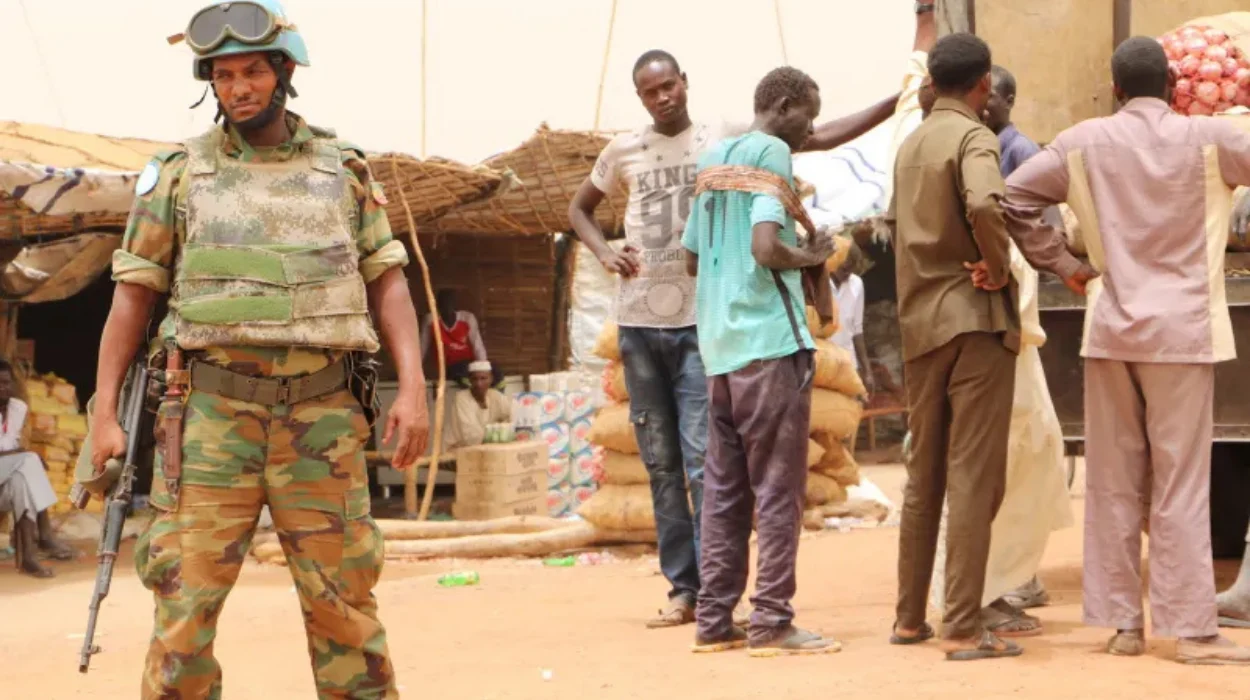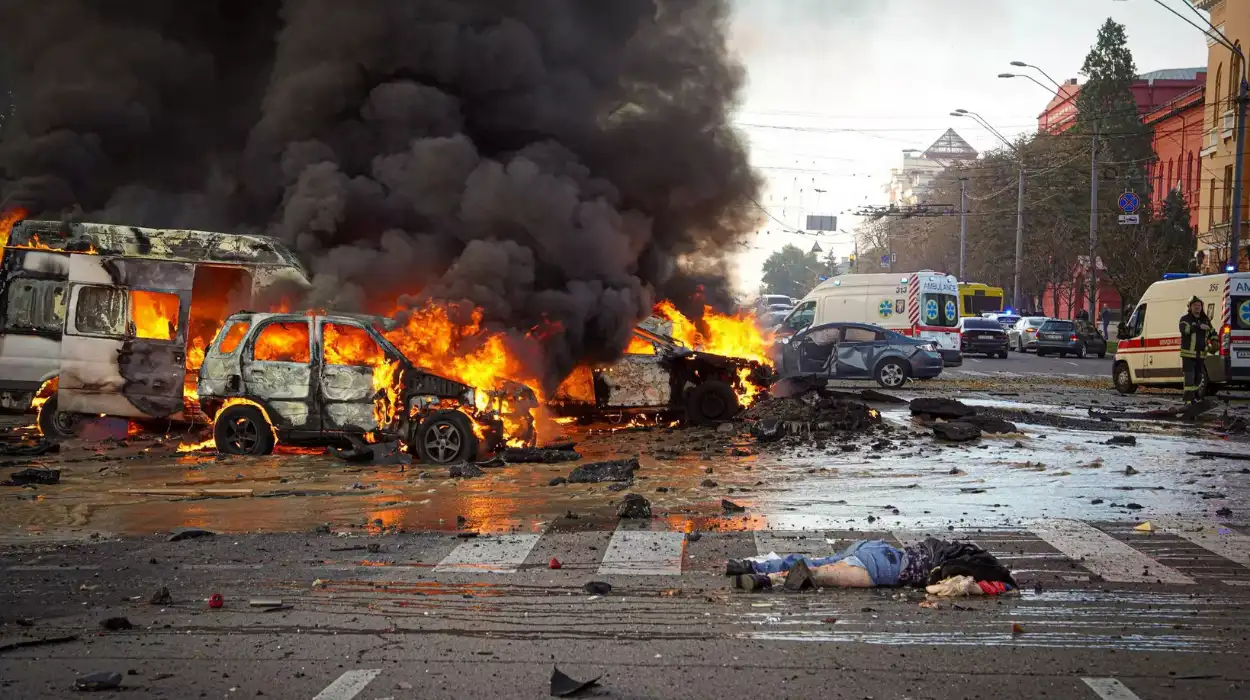The year 2025 Doha Social Summit was a turning point in the discussion on sustainable and inclusive development across the world. With the world grappling with multiplying crises of climate change and inequality to technological disruption at a rapid pace the summit highlighted the increasing awareness that neither governments nor businesses can alone address them. Partnership between business and civil society became a motif that marked a change to multi-stakeholder approaches that are based on shared responsibility.
More than 14,000 CEOs, executives, labor and civil society organizations came together to discuss structures that integrate profit and purpose. The deliberations took a decided streak: stronger and more equitable societies will be based on the involvement of the private sector in the development of equitable growth.
Redefining The Role Of Business
The issue of overcoming the traditional-corporate social responsibility limits in businesses was the central point in the dialogue of the summit. The United Nations Global Compact, in conjunction with the World Bank and regional development agencies held the Private Sector Forum, whereby firms have been urged to make social and environmental objectives part of their core operation instead of seeing it as side show activities.
According to UNDP Administrator Achim Steiner, inclusive capitalism is not charity; it is survival and sustainability. His words highlighted the evolving demands of corporate performance in which ethical practices, open governance and long-term investment in the community are becoming central to business resiliency. This strategy is the key to making the companies the drivers of social development and innovation, rather than the participants in the economy.
Institutional Commitment To Equity
Both UNDP and the International Labour Organization indicated the necessity of inclusive labor markets that will be able to keep up with the speedy changes in technology. Their common policy statement, released at the summit, suggested the modernization of the workforce training systems and increase in social safety nets. The case is simple: sustainable business practices should be accompanied by fair social protection in case economic transitions may be fair and sustainable.
Civil Society’s Expanding Influence
The Doha Social Summit saw civil society organizations become more agency-oriented and demand that both governments and corporate actors become more accountable. Their participation was a wider shift in the world governance structure, wherein NGOs, unions, and grassroots networks are becoming more and more essential collaborators in the policy-making process.
Building Accountability And Trust
The representatives of the civil society pointed out that the cooperation should be built on mutual transparency and justice. It was called to develop more powerful mechanisms that make corporate promises to human rights and environmental sustainability are transformed into practical results. According to many activists, the summit was a kind of stress test of whether governments were ready to make policymaking processes open to wider participation.
The Youth and Labor Forums that took place during the parallel to the main plenary highlighted the requirements to education as universal, reasonable remuneration, and social security. African and Asian civil society blocs demanded that rapid industrialization should not be at the expense of the marginalized communities and governments should consider social equity in infrastructure and energy development.
Advancing Shared Governance
There was also a continuous shift to shared models of governance in the participation of civil society in Doha. The frameworks strive to eradicate siloed policymaking and promote integrated approaches where social and environmental goals are incorporated in economic decision-making. The leaders of civil society claimed that partnerships made without accountability were PR and not development, and governments should place participatory mechanisms in the national development agendas through codification.
The working groups of the summit came up with a working Charter named the Partnership Integrity Charter, which was to increase transparency on collaborative public-private projects. When implemented on a large scale, it will potentially establish a new standard of ethical business-civil society collaboration at the national and global scales.
Policy, Innovation, And Financing Pathways
At the Doha Social Summit, economic and policy deliberations focused on the funding mechanisms of inclusive growth without jeopardizing fiscal sustainability. Governments were encouraged to provide conditions that are conducive to responsible private investment and make sure that the capital flows are furthering rather than derailing social objectives.
Mobilizing Sustainable Finance
The financial track of the summit demanded the integration of the three, namely the public banks, investors and philanthropic organizations in an attempt to scale social investment funds. The speakers underscored the significance of blended finance, a combination of both the government and the business sector, to de-risk investments in social infrastructure as a new model that will speed up the pace of achieving the Sustainable Development Goals.
Qatari Development Fund stated that it has developed a new Fund of 2.5 billion under the name of Inclusive Futures Facility, which is to support small businesses in order to facilitate gender equality and environmental protection. The United Nations as well as the African Union had received this initiative with a lot of rejoicing as a model to be emulated in financing the development of the regions.
Harnessing Technology For Inclusion
One of the issues that kept reoccurring during the summit was the unequal effect of digital transformation. Although innovation can increase access to education and health, the digital divide is one of the significant threats on equal participation. Policy analysts made it clear that automation may enlarge disparities in the world without active intervention.
In response, some multinational companies pledged to invest in massive digital literacy initiatives. These programs, alongside the acts of civil society organizations, will train young workers to work in the new fields like renewable energy, data science, and sustainable agriculture. It is aimed at making the technological revolution an inclusive one and not a destabilizing effect.
Toward A New Social Compact
At the end of the summit, the representatives passed a common statement known as A Shared Future through Partnership. The document reiterated the complementary roles of governments, businesses and civil society as the means of promoting fair labor standards, gender equality and universal social protection. It also advocated more climate policy-economic planning interconnectivity in an attempt to protect the most vulnerable groups of people against future shocks.
According to UN Secretary-General Antonio Guterres, the summit was a measure that could help to redefine the social contract of a fractured world. His declaration summed up the message that was behind the happening; inclusive growth and sustainability in governance means that it has to be collectively stewarded, and not individually.
The Doha Social Summit is therefore not just a mere symbolic meeting but it is a rearrangement of priorities in the world to focus on cooperation, accountability and innovation. With countries grappling with the compounding realities of inequality, climate change, and the accelerating pace of technology change, the need for true cross-sectoral cooperation is becoming more apparent.
Whether this momentum can translate into lasting impact will depend on the consistency of action beyond Doha. Businesses, governments, and civil society now share both the burden and opportunity to shape a development model that values inclusion as much as innovation. The next phase of this partnership will test whether the promises forged under the Gulf’s bright lights can endure amid the world’s complex realities and whether the Doha Social Summit truly marks the dawn of a new, fairer global social compact.


